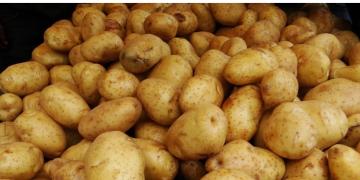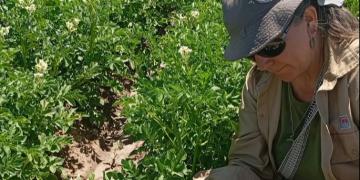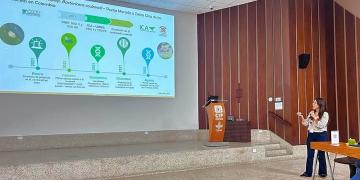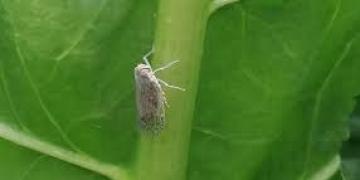Science: Discovering how potato plants defend themselves against Spongospora subterranea f. sp. subterranea (Sss)
A team of plant scientists has made significant progress in understanding how potato plants defend themselves against this soil-borne pathogen that causes powdery blight.
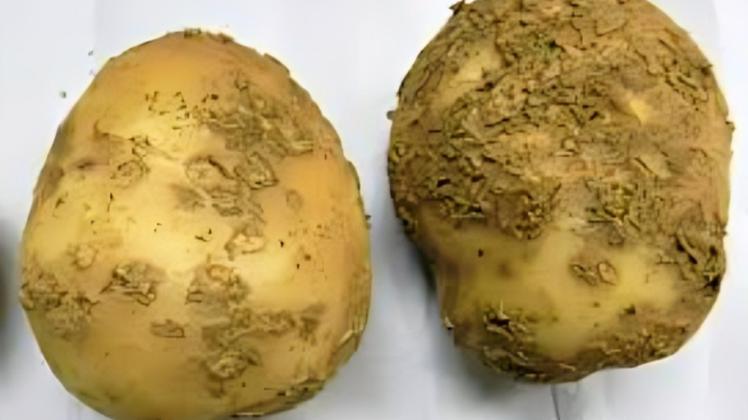
A team of plant scientists has made a significant breakthrough in understanding how potato plants defend themselves against Spongospora subterranea f. sp. subterranea (Sss), a soil-borne pathogen that causes powdery blight, an emerging disease affecting potato crops worldwide and with significant economic impact.
A key discovery in plant defense
In a recent study published in the journal Molecular Plant-Microbe Interactions , researchers discovered that potato plants rely on salicylic acid (SA), a plant hormone known for its role in triggering immune responses, to protect their roots from this unusual invader. Although salicylic acid is primarily recognized as a natural defense signal in plants, it also has historical importance in human medicine, as it is the precursor to acetylsalicylic acid, better known as aspirin.
Unlike most plant pathogens, which are typically fungi or bacteria, Sss is a protist, a group of single-celled organisms that has been little studied in plant disease research. Because Sss cannot be cultured in the laboratory and can survive in soil for years, its study has been particularly challenging, as well as being nearly impossible to control using conventional agricultural practices.
“Plants use different immune strategies depending on the type of pathogen attacking them,” explained Kiwamu Tanaka of Washington State University. “Because Sss behaves like a biotroph—a pathogen that feeds on living plant tissue—we suspected that the salicylic acid pathway might be involved in plant defense.”
To test this hypothesis, the research team examined how hormone levels in potato roots changed following Sss infection. The results showed that SA levels increased dramatically after infection, while other important defense-related hormones, such as jasmonic acid, remained unchanged. Additional genetic experiments confirmed that disrupting the SA signaling pathway made plants more vulnerable to infection, while boosting it improved resistance, providing strong evidence that salicylic acid plays a central role in the potato immune response to Sss.
As part of the study’s innovation, the team used a "hairy root" system—hormone-independent root structures induced by a bacterium called Rhizobium rhizogenes —that allowed them to rapidly study root-pathogen interactions in a controlled environment. This system, unlike traditional soil-based assays, which can take months, allowed the researchers to obtain consistent infection results in just 2 to 4 weeks, significantly speeding up the research process.
The threat posed by Sss extends beyond causing powdery blight. This pathogen can also transmit another damaging agent: potato mid-stem mold virus (PMTV), which causes tuber necrosis and is considered a quarantine pathogen in some countries. This makes Sss a dual threat: both as a root-damaging pathogen and as a viral vector. Effective management of this problem requires an integrated strategy that encompasses host resistance, an understanding of the pathogen’s biology, and environmental influences. By focusing their efforts on Sss, researchers can develop control measures that address two significant potato diseases at once.
“This is the first time we have a clear picture of how potatoes naturally defend themselves against this type of pathogen,” said Samodya Jayasinghe, lead author of the study. “Since SSS is so difficult to study and there are no effective treatments, our findings provide a vital foundation for developing potato varieties with greater resistance, something the global industry urgently needs.”
Fuente:

